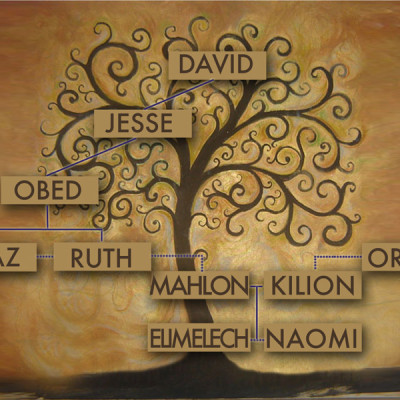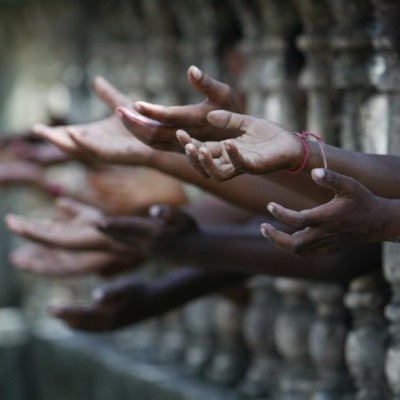This week’s reading begins with David capturing Jerusalem, which will eventually become the heart of Israel and the home of God’s temple. It ends with what might be David’s biggest defeat, his destructive sin with Bathsheba.
"…that God may open a door (Col. 4:3)"






